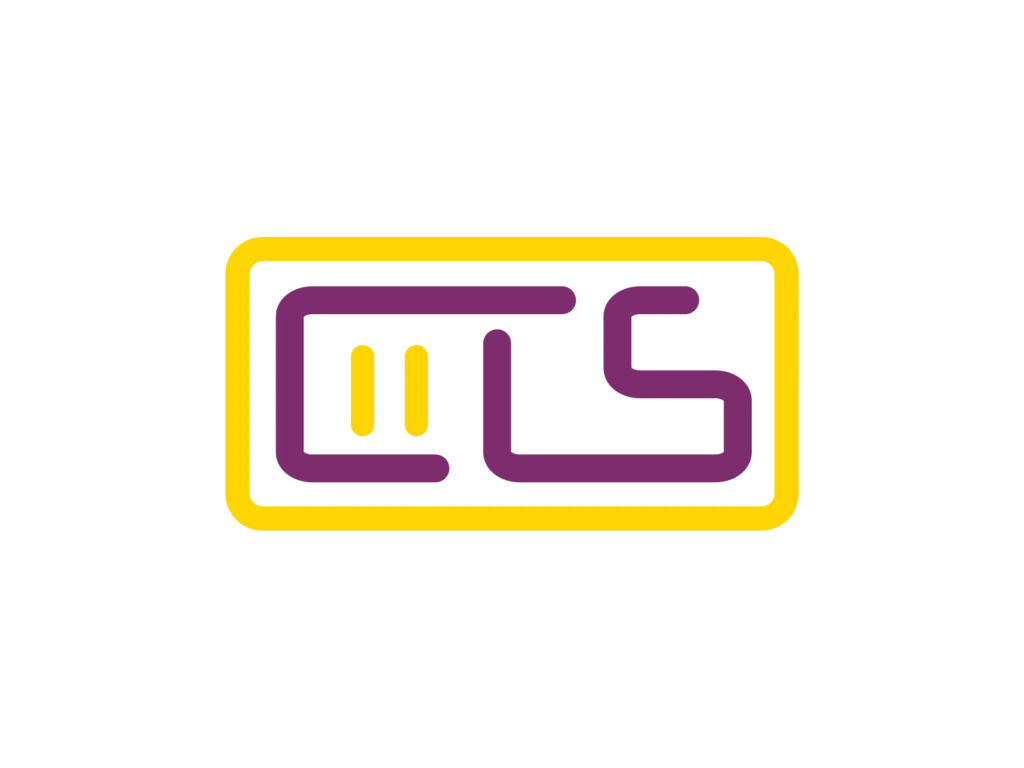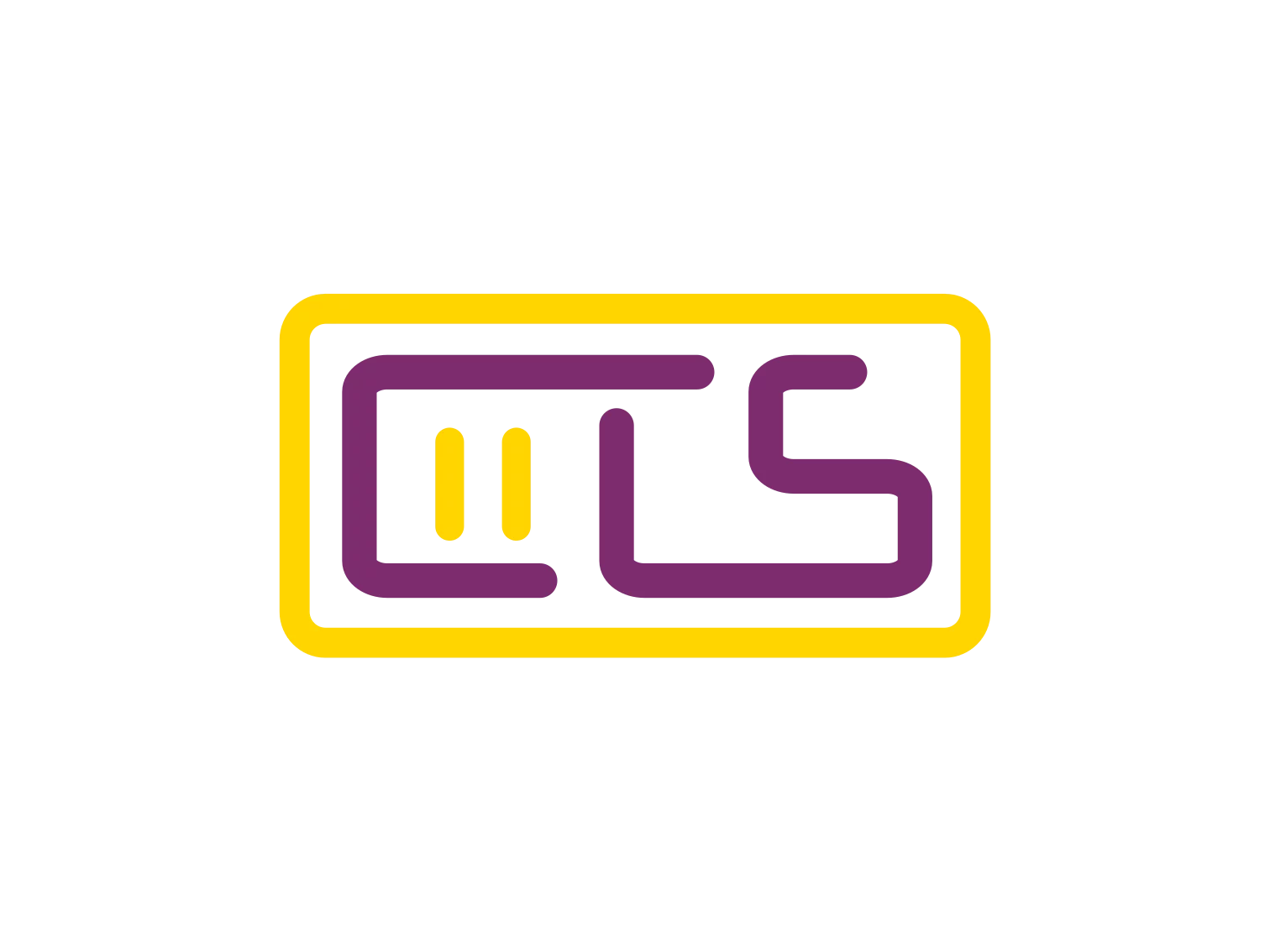New Trucking Company Setup
Why choose us?
- We handle all necessary permits and credentials for compliance with US DOT, FMCSA, and other regulatory bodies
- We provide US DOT drug & alcohol testing and FMCSA audit support
- We take care of in-cab permits, decals, plates, and other necessary credentials
- Our services are designed to be efficient and hassle-free, allowing you to focus on your business
- You can trust us to provide you with reliable and professional service
How to open a Trucking Company?
Although starting your own trucking business can be difficult, it can be a worthwhile venture due to the financial rewards and potential for growth. Nevertheless, it can be difficult, time-consuming, and frustrating to navigate the permit application process; it calls for patience and experience.
Our team of professionals assists you with the application process for permits, making sure that all required paperwork is submitted and that all necessary licenses and authorizations are acquired. In order for you to concentrate on what really matters—establishing and expanding your business—we want the process to go as smoothly and painlessly as possible.
Just like starting a new job, starting a new trucking company requires careful planning and goal-setting. A well-written business plan is crucial to success because it keeps you focused and organized while offering a path for expansion. At CTS, we recognize the value of a strong business plan and are available to assist.
Organizing your trucking company as a corporation or LLC offers several advantages from a legal, tax, and business standpoint, in addition to protecting your personal assets from business debts. Use our Business Startup Wizard to choose the best organizational structure for your trucking company. After selecting a structure, opening a bank account requires designating a registered agent and obtaining an EIN. Our team members can act as your registered agent and help with these procedures.
To form a corporation or LLC for your trucking company, you will need to take the following steps:
Appoint a registered agent:
A registered agent is a crucial component of forming a corporation or LLC. They act as the state's point of contact with the business entity and are required by law in most states. The registered agent must be present at a physical address, not a P.O. Box, during specific business hours to sign for and receive important legal notices, state mandates, wage garnishments, and tax documents. It's essential for registered agents to be consistently accessible since a missed delivery could harm your company's good standing with the state or allow a lawsuit to proceed without your knowledge.
Obtain your EIN to open a bank account:
Obtaining an EIN is an essential step in setting up your trucking company as it allows you to establish a separate identity for your business and helps to identify your business for tax and other legal purposes.
Our team experts can assist you with starting an LLC or corporation, obtaining an EIN, and serving as your business's registered agent. Contact us to learn more about our services and how we can help you get your trucking company up and running smoothly.
Every owner-operator should make sure they have all the necessary licenses and permits in order to run a profitable trucking business. This is due to the fact that the majority of state, county, and local governments require businesses to obtain the necessary licenses and permits prior to beginning operations. Determining which licenses and permits apply to your business can be a difficult task because there are over 150,000 filing jurisdictions in the nation, each with a different set of requirements.
Every owner-operator should determine if the following items are required to run a successful trucking company:
A commercial driver’s license (CDL) and any necessary endorsements:
Federal law requires drivers of commercial motor vehicles to obtain a CDL. Contact your state’s licensing agency for more details.
A USDOT number:
The Federal Motor Carrier Safety Administration (FMCSA) uses trucking companies’ unique USDOT number to identify the company when conducting inspections, audits, and investigations.
A Motor Carrier Operating Authority (MC number):
You may need to obtain more than one MC number for your trucking business, depending on your business operations.
A BOC-3 filing:
Every motor carrier, broker, and freight forwarder is required to designate a process agent that can file Form BOC-3, or blanket of coverage, on their behalf with the Federal Motor Carrier Safety Association (FMCSA). Only one completed form may be on file and it must include all states for which agency designations are required. One copy must be retained by the carrier or broker at its principal place of business. As a process agent in all 50 states, our CSC team can handle your BOC-3 filing(s).
International Registration Plan (IRP) credentials and International Fuel Tax Agreement (IFTA) decal:
Trucking companies offering services in or across multiple states must obtain IRP credentials and IFTA decals for their vehicles.
Our team has extensive experience and expertise in BOC-3 filings and business license portfolio management across multiple jurisdictions. Contact us today to learn more about our services and how we can support your trucking company's success.
The proper equipment can make the difference between success and failure. When selecting equipment for your trucking company, consider the following items:
• Can the vehicle accommodate the needs of your cargo? For instance, if you are transporting perishable items, you might consider a refrigerated compartment.
• Is buying or leasing equipment a better option for your new business?
This is an opportune time to conduct additional research and leverage your network connections. Speak to professional truck drivers that have made the transition to owner-operator and take the time to compare options before you make a purchasing decision.
As an owner-operator you will need to obtain business insurance for your new trucking company. The most effective way to secure the best premium is to contact several agents and consider the following options before you make a decision on a policy.
• Primary liability insurance
• Cargo insurance
• Physical damage insurance
• Passenger accident insurance
Any successful business must keep track of its revenue and outgoings, but this is particularly true in the transportation industry where payments can be slow to process and expenses incurred while traveling can be hard to trace. Creating a system to handle finances and logistics will help guarantee that your business remains structured and profitable.
To help avoid common startup obstacles, keep the following best practices in mind:
Subscribe to bookkeeping software or hire an accountant
Online accounting software like Xero can help you track your income and expenses even while you’re away from home. They can also help you find an accountant or bookkeeper to help keep you on track.
Understand when and how you’ll be paid for deliveries.
Shipping contracts often provide for payment 30 to 90 days after delivery. Such delays can be managed, but only if you are aware of them ahead of time.
Maintain thorough records of business expenses.
Keep a file of invoices, receipts, and check stubs so you can prove your expenses if necessary.
Keep your personal and business finances separate.
Maintain separate bank accounts for business and personal use.
You can use load boards to find clients for your trucking business, or you can cultivate contacts through networking and marketing. While load boards are easily accessible online, networking and attending industry events are necessary to develop relationships. The DAT Load Board for Truckers, accessible on Apple and Android platforms, is a useful tool for locating clients.
This gives you more time to work on tasks that bring in money, like expanding your clientele and making more money. You can also make sure that all regulatory filings are completed accurately and on time by outsourcing administrative tasks to a reliable partner like CTS. This will help you stay out of trouble with the law and save money on penalties. Let us handle the paperwork while you concentrate on expanding your company.
It is crucial for business owners to remain on top of tasks like IFTA's quarterly tax returns and multi-year CDL renewals in order to remain compliant with time-sensitive filing requirements. If these conditions are not met, there may be severe consequences or loss of good standing. Furthermore, in order to avoid having your corporation or LLC revoked, it is imperative that you continue to comply with your state's corporate reporting requirements. CTS provides business compliance packages to assist with these tasks and make sure you fulfill all annual reporting and licensing requirements.

csr@1cts.com ; ca.csr@1cts.com
(844) 352-9100
Office:401 W Fallbrook Ave 106 Fresno CA 93711
Office: 26401 Emery Road #108 Warrensville Heights OH 44128
